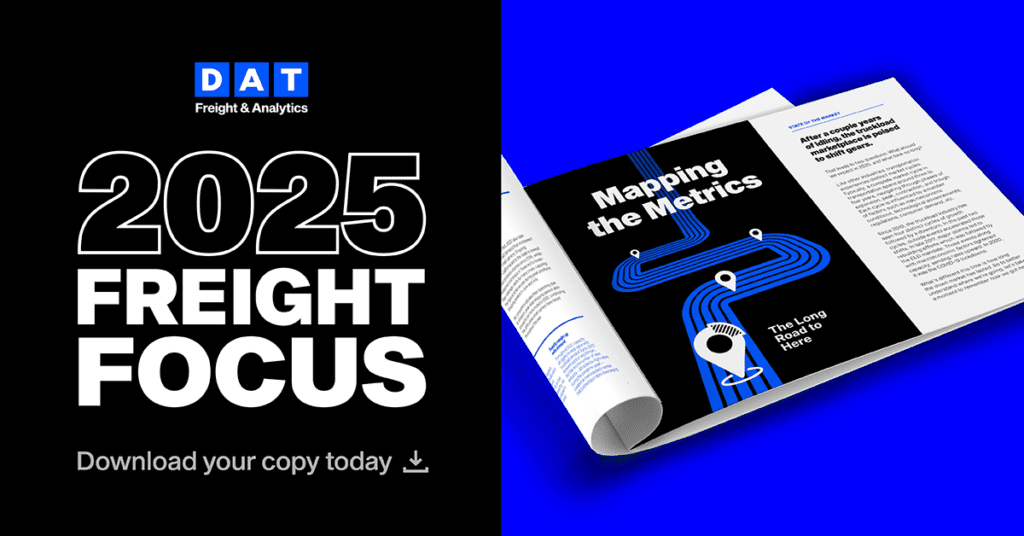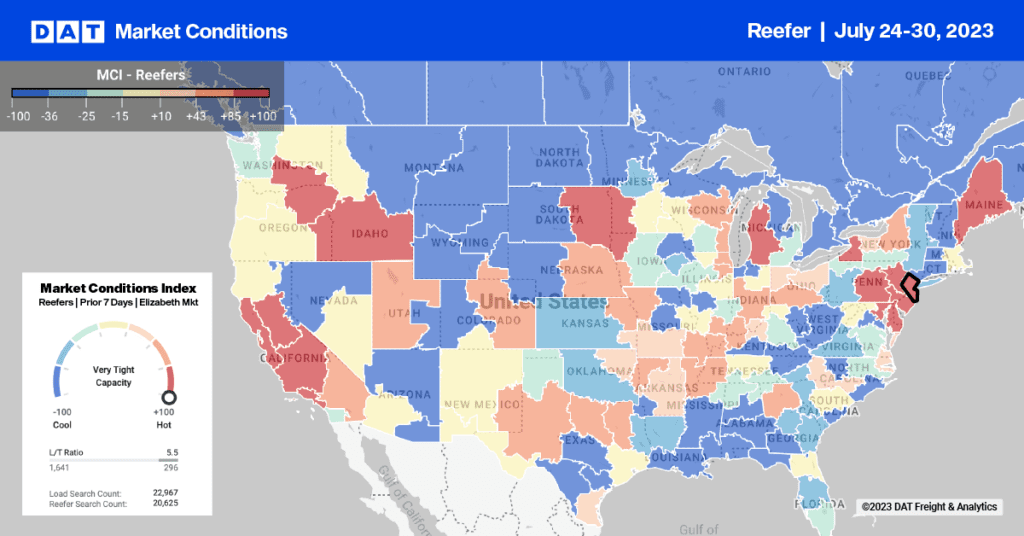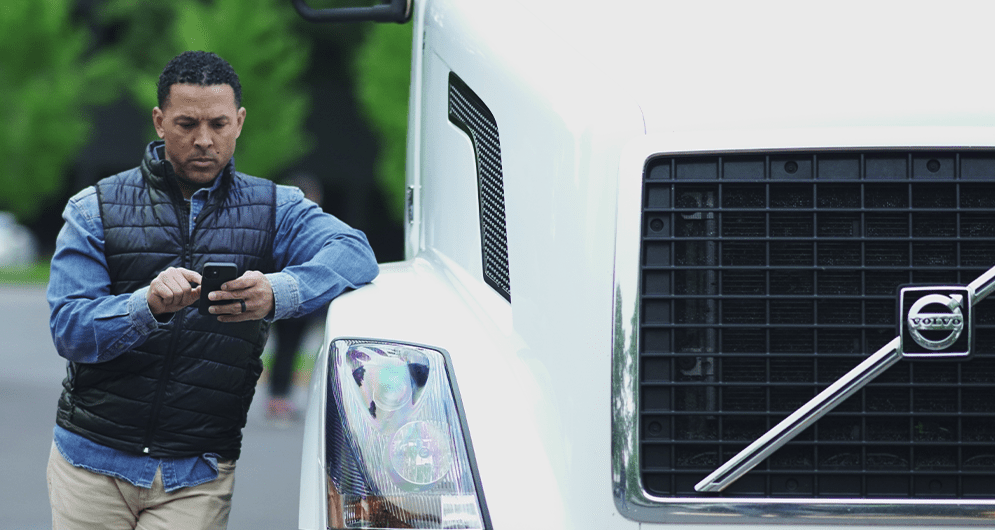With two weeks left before the rule was scheduled to go into effect, the FMCSA rescinded its order for electronic onboard recorders (EOBRs) that include the capability to log drivers’ Hours of Service automatically. Under the rule established in April 2010, EOBRs would have become mandatory for carriers with a history of Hours of Service violations, beginning June 1.
The issue is covered in a number of trade magazines this week, including an editorial in Transport Topics with the catchy title “Why an EOBR Mandate is a Bad Idea,” as well as news articles in Fleet Owner and Land Line. The latter, a publication intended for owner-operators and small fleets, added a historical timeline on the EOBR issue going back to 1990. Wow. I didn’t even know the technology was available 22 years ago.
The rule is officially vacated today, the result of a court order, and a victory for the Owner Operators and Independent Drivers Association (OOIDA, publishers of Land Line.) Today’s news coverage, however, makes it clear that the FMCSA still intends to amend the rule to make EOBRs mandatory for all commercial vehicles, not only for those who have a history of non-compliance. Plus, the U.S. Senate included an EOBR mandate in its version of the recent transportation bill, although it is not mentioned (yet) in the version under consideration by the House of Representatives.
Industry groups insist that EOBRs are burdensome and lead to an unwarranted invasion of drivers’ privacy. FMCSA insists the devices are necessary to promote safety. What do you think?


